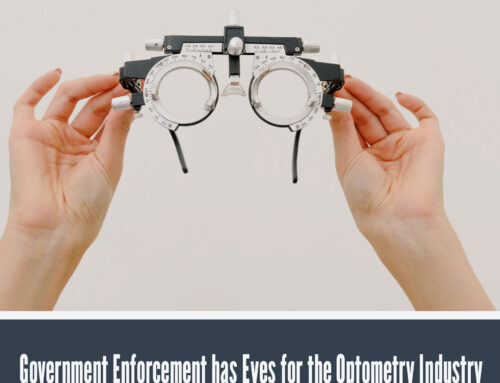Nowadays, it is relatively easy to establish a professional limited liability company (PLLC) or a professional corporation (PC) using various online tools. Consequently, many healthcare professionals opt not to involve an attorney in their business formation process. Unfortunately, such online tools often fail to fully explain the significance of complying with the legal formalities of the specific business entity structure, whether a PLLC or a PC.
The primary objective of forming a PLLC or PC is to safeguard the owners of these entities from personal liability for the organization’s weaknesses. However, failure to adhere to business entity formalities, such as maintaining minutes, holding meetings, and avoiding commingling of funds, can make it easier for third parties to pierce through the liability protection of the corporate veil and reach the entity owner’s assets.
The exact formalities to be followed will depend on the type of entity established and the formation documents, such as the PC and By-laws or the PLLC and Operating Agreement. In cases where the by-laws or operating agreement has not modified the default provisions established in the state’s statutes, it is crucial to consider the state’s statutory requirements for the type of business entity.
Piercing the corporate veil is an equitable doctrine formed by the courts, which means there are no fixed rules for when the cover has been shot. Instead, although not an exhaustive list, courts generally look at several factors to determine whether to allow a plaintiff to pierce the corporate veil, such as whether the company is adequately capitalized, whether corporate formalities were followed, whether the company has an independent identity, and whether a single enterprise has not been excessively fragmented into separate corporations.
The limited liability offered by the PLLC and PC structure is a tremendous advantage for business owners. It’s one of the required formalities of your business entity structure, which is one of the best ways to keep that protection.
To ensure that your corporate veil is protected and your formalities are in order, seeking guidance from an experienced healthcare attorney like Mysty Blagg at Shipman and Wright is essential. She can provide information about healthcare business formation, regulatory requirements, and liability risk mitigation in healthcare businesses.






